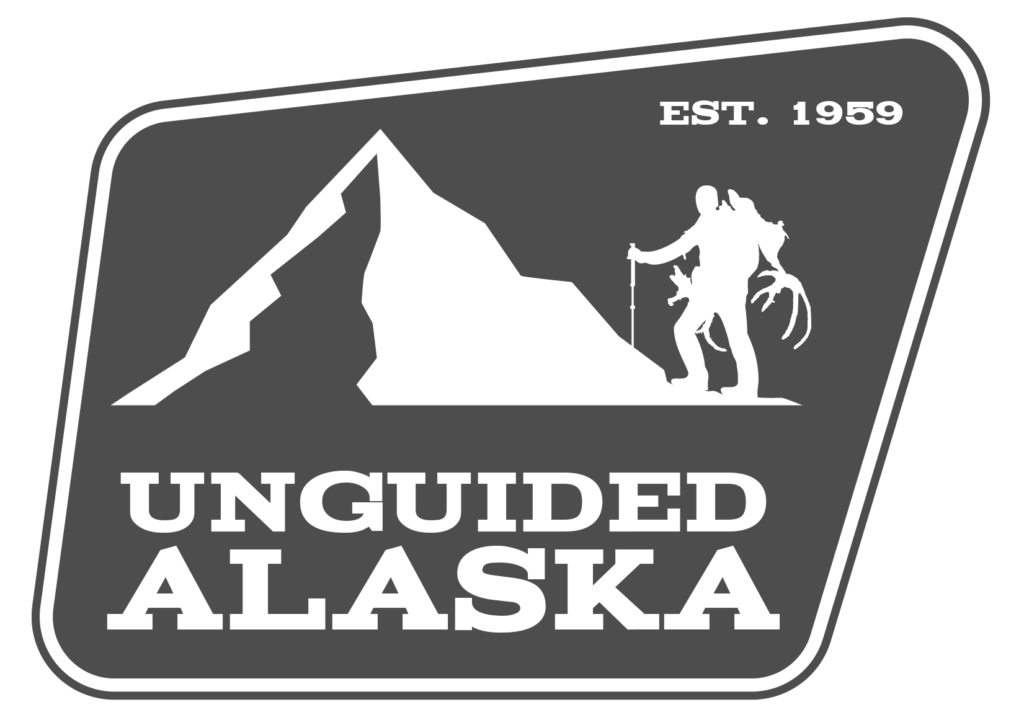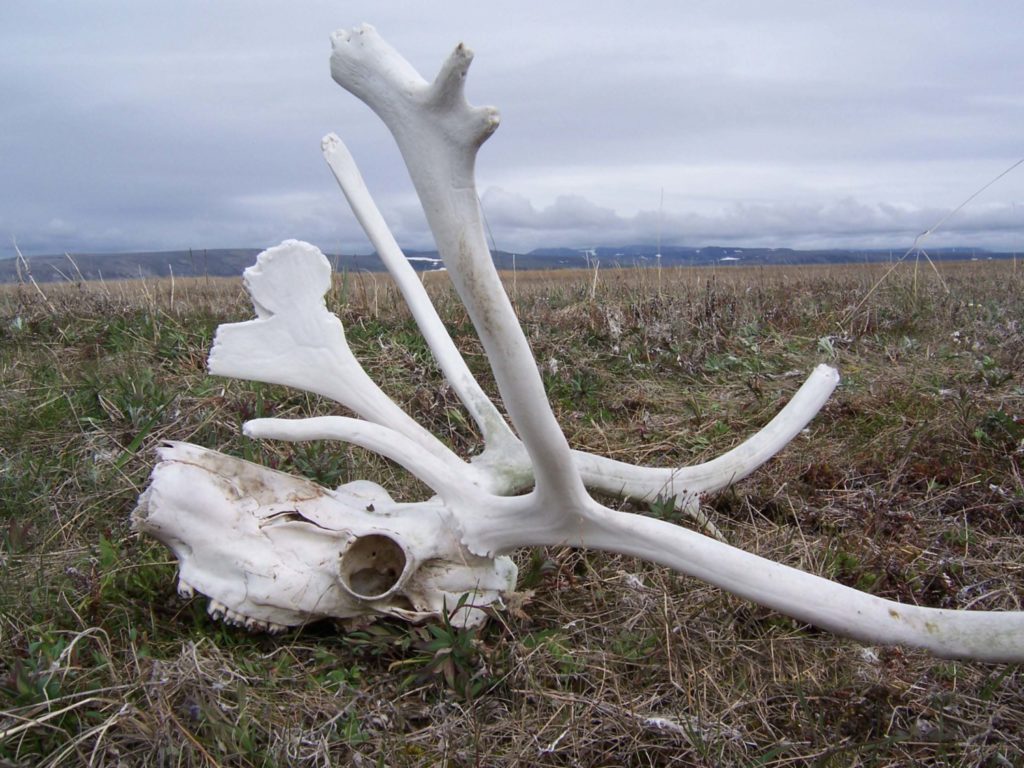Unfortunately, due to Temporary Wildlife Special Action WSA21-01 there has been a temporary Federal closure to caribou hunting out of Kotzebue, AK.
During a telephonic work session on March 30, 2022 in opposition to public consensus as well as Alaska Fish and Game biologists, the Board voted to approve WSA21-01 to caribou hunting by non-Federally qualified users (NFQUs) from August 1 – September 30 during the 2022-2023 and 2023-2024 regulatory years. [Read the entire Memorandum]
WSA21-01 Closure FAQ’s
What does the Alaska Division of Fish and Game think about the WSA21-01 closure?
The State has not modified its regulations in response to this federal action. They commented on the record that the action was not necessary or justified and violated provisions of the Alaska National Interest Lands Claim Act. They are analyzing their options, including a potential legal challenge this federal action. Alaska Department of Fish and Game will not offer refunds for hunting licenses and big game locking tags affected by these closures. [Read the Advisory Announcement]
Exactly where does the Federal closure apply?
For caribou, the closure only applies to Noatak National Preserve (including the Nigu River portion of the Preserve in Unit 26A) and BLM-managed lands between the Noatak and Kobuk rivers in Unit 23. Collectively, this area is approximately 11,300 square miles.
What activities are prohibited within the closure area?
Non-Federally qualified users (anyone hunting under State regulations) may not hunt or harvest moose or caribou within these closure areas. However, non-Federally qualified users hunting under State regulations may still travel through, camp, and hunt/trap for other species on Federal public lands within the closure area. The closure area also remains open to all other activities such as hiking, boating, wildlife viewing, etc.
Who is eligible to hunt moose and caribou on Federal public land in the closure area?
As of July 1, 2022, ONLY Federally qualified subsistence users with a customary and traditional use determination are eligible to hunt moose and caribou on Federal public lands in the closure areas.
For the purposes of these regulatory changes, Federally qualified subsistence users are rural residents who have been determined by the Federal Subsistence Board to have customary and traditional use of moose and caribou in Units 23 and 26A. For customary and traditional use determinations see 50 CFR 100.24 or the Federal subsistence regulations book.
How long will the WSA21-o1 closure be in effect?
These closures are effective August 1-September 30, 2022 and August 1-September 30, 2023, also described as the 2022-2023 and 2023-2024 seasons or the 2022-2024 regulatory cycle.
Can a non-Federally qualified user take moose and caribou on gravel bars along navigable waters below the “ordinary high water mark” when the adjacent uplands are Federal public lands?
Yes. Please note, however, the take of swimming moose is prohibited under Federal and State law in all portions of Units 23 and 26A. See 50 CFR 100.26(b)(4) and 5 AAC 92.085(7).
How is “ordinary high water mark” defined?
The ordinary high water mark means “that line on the shore established by the fluctuations of water and indicated by physical characteristics such as a clear, natural line impressed on the bank, shelving, changes in the character of soil, destruction of terrestrial vegetation, the presence of litter and debris, or other appropriate means that consider the characteristics of the surrounding areas” (33 CFR 328.3).
Can a non-Federally qualified user help a Federally qualified subsistence user hunt caribou or moose in the closed areas?
If you are not eligible to hunt caribou or moose, you can be present but CANNOT participate in the taking of caribou or moose on Federal public lands in the closure area. Once the take is complete, you may assist the hunter with the cleaning, salvage, or processing of a legally harvested animal. Take or taking, as used with respect to fish or wildlife, means to pursue, hunt, shoot, trap, net, capture, collect, kill, harm, or attempt to engage in any such conduct. See 50 CFR 100.4.
Why did the Board enact this closure?
Similar to Emergency Orders issued by the Alaska Department of Fish and Game, the Federal Subsistence Management Program can make in-season, out-of-cycle, temporary regulation changes through the Special Action process. The Northwest Arctic Subsistence Regional Advisory Council submitted a request to close Federal public lands in Units 23 and 26A to the harvest of caribou and moose by non-Federally qualified users from August 1 through September 30, 2021. In June 2021, the Federal Subsistence Board (Board) deferred this request to 2022. Following deferral, the request was divided into WSA21-01a (caribou) and WSA21-01b (moose). The Board acted on the deferred request at a public meeting held by teleconference March 30, 2022.
The Board approved WSA21-01a with modification to close a portion of Units 23 and 26A to caribou hunting by non-Federally qualified users. The Board stated this modification is a reasonable compromise that provides for the continuation of subsistence uses and the conservation of the Western Arctic Caribou Herd (WACH), while precluding unnecessary restrictions on non-Federally qualified users. The partial closure targets the areas of highest user conflicts and minimizes potential disruptions to caribou migration. The Board also expressed concern over the 24% WACH population decline over the past two years, which prompted the WACH Working Group to change the herd’s management level to preservative declining. One management recommendation under this level is closure of some Federal lands. The Board also referenced support of the closure by affected Regional Advisory Councils.
The Board approved WSA21-01b with modification to close moose hunting to non-Federally qualified subsistence users on Federal public lands in Unit 23 only. The Board stated the closure in Unit 23 provides more subsistence harvest opportunity and is necessary to conserve the moose population, which has declined substantially; the harvestable surplus may also be exceeded. In contrast, moose harvest by non-Federally qualified users in Unit 26A is very low and unlikely to affect that moose population. The Board also referenced support of the closure by affected Regional Advisory Councils.
The Board approved both WSA21-01a (caribou) and WSA21-01b (moose) with modification for two regulatory years to assess the effectiveness of the closures and to reduce the administrative burden of processing additional special action requests in 2023 when caribou and moose population numbers are unlikely to increase significantly in these units from one year to the next.
Who should I contact if I have further questions about this closure?
Please contact the Office of Subsistence Management at (907) 786-3888, (800) 478-1456 or Subsistence@fws.gov.


